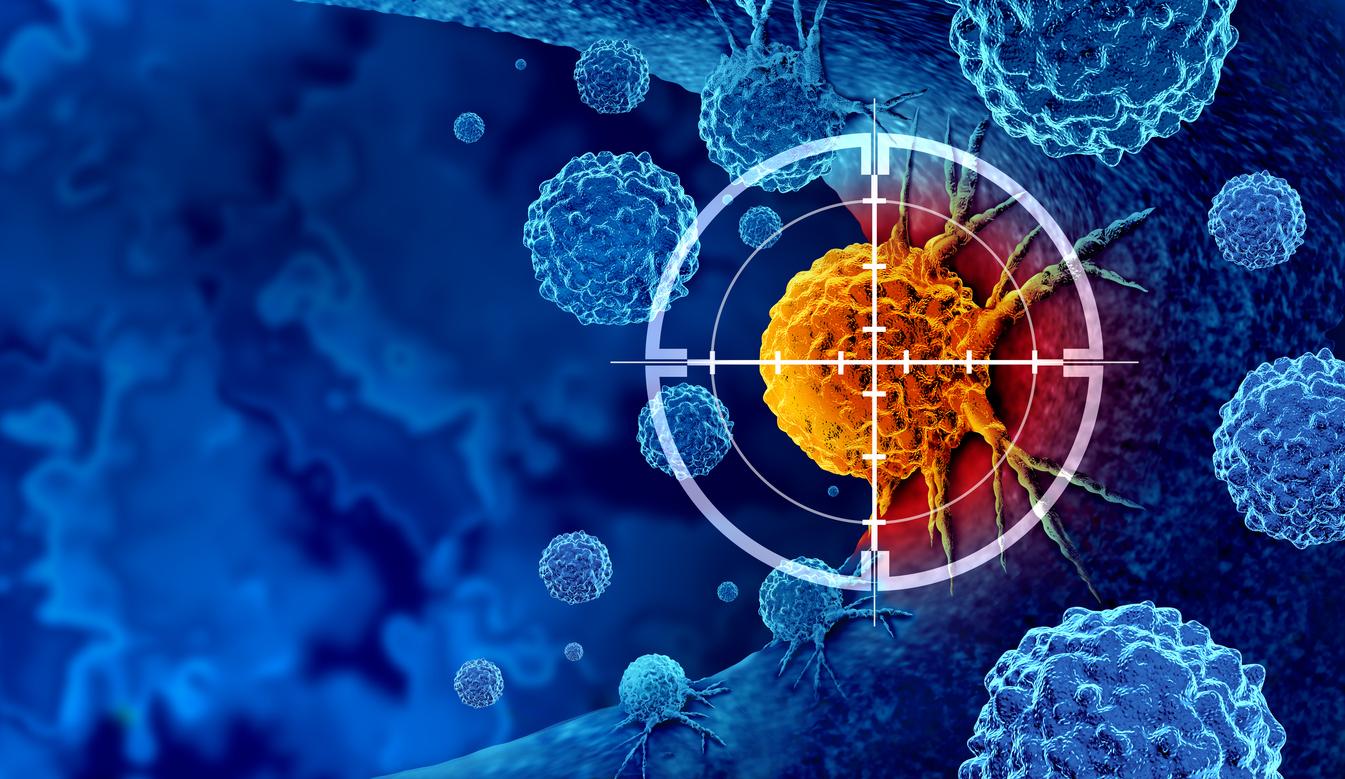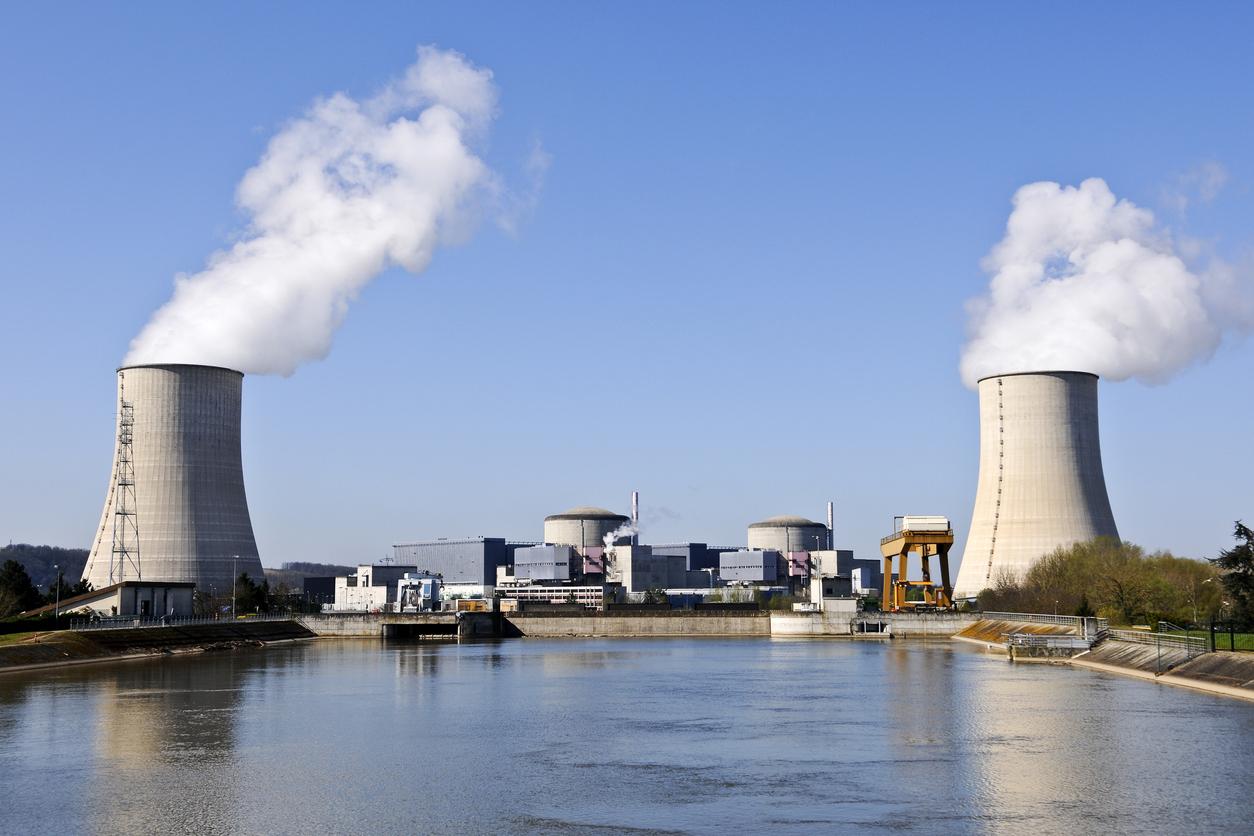
It is a real miracle. A woman who was predicted to have five months of life expectancy was treated with immunotherapy. Seven years later, the team from the University of Geneva (UNIGE) and the University Hospitals of Geneva (HUG) who followed her come back to this exceptional healing.
A tumor on a transplanted organ
While chemotherapy, radiotherapy and surgical removal are the main treatments for cancer, the promises of immunotherapy are being confirmed. This is demonstrated by the case of this patient, diabetic since the age of 10, who underwent a kidney-pancreas transplant at the age of 41 at the HUG. The organs she received came from a 20-year-old young man. Nine years later, during the check-up, a mass is detected in his kidney. The medical profession decides to operate urgently and finds that it is a large tumor, with metastases which have disseminated in the intestines, the liver and the lungs, we learn in a press release from the HUG du February 11th.
A particularly aggressive tumor
“This type of tumor, called Bellini cancer, offers a life expectancy of about five months with treatment, it is one of the most aggressive cancers”, indicates Raphaël Meier, researcher at the Department of Surgery of the Faculty of medicine at UNIGE and former head of clinic in the Department of visceral surgery and transplantation at HUG. In order to determine the origin of the tumor, surgeons analyzed the genotype of the tumor. They realized that the latter had Y chromosomes, so it came from the donor’s kidney.
A “shock treatment” to save this woman
“We opted for interleukin 2. This treatment is based on a molecule that activates the immune system in an extreme way,” reports Raphaël Meier. A treatment that is little prescribed since it is “difficult to control” and it causes significant side effects that are difficult to bear. In this specific case, the fact that the tumor did not come from the patient allowed the immune system to attack the cancer cells with all the more virulence. “No longer being able to take her anti-rejection drugs, this had an irreversible impact on the transplanted organs and the patient had to resume her dialysis. But today, seven years later, there is no longer any trace of this aggressive cancer, although it seemed doomed, and a new transplant could be considered, ”says Raphaël Meier.

















